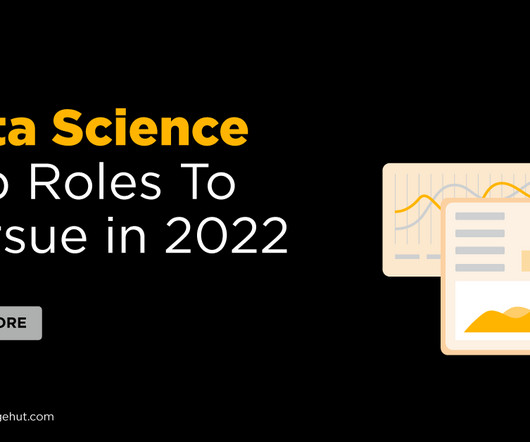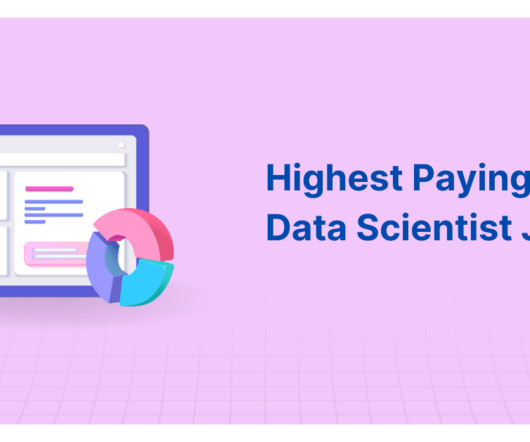Top 16 Data Science Job Roles To Pursue in 2024
Knowledge Hut
DECEMBER 26, 2023
Certain roles like Data Scientists require a good knowledge of coding compared to other roles. Data Science also requires applying Machine Learning algorithms, which is why some knowledge of programming languages like Python, SQL, R, Java, or C/C++ is also required.












Let's personalize your content